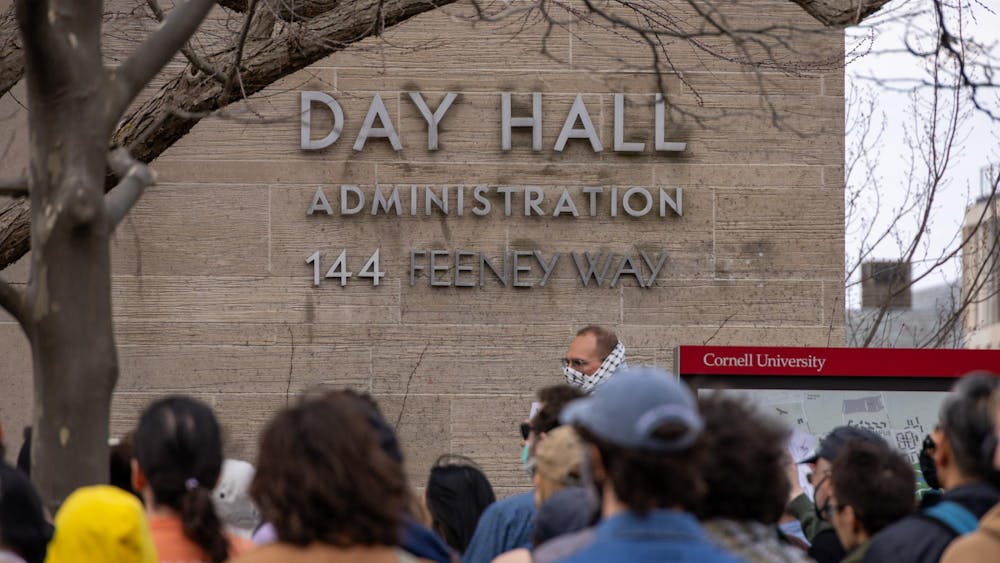Editor’s Note: This article mentions instances of police brutality.
David Collum ’77 — a chemistry professor who faced backlash for tweeting in support of police officers that pushed and severely injured an elderly man — stepped down from his position as director of undergraduate studies for the chemistry department on Saturday.
Department chair Prof. Brian Crane, chemistry, confirmed to The Sun that Collum was no longer the director of undergraduate studies.
According to Collum, the chemistry department had already been planning to change its top three positions — director of undergraduate studies, director of graduate studies and associate chair — for several months. Crane clarified that those changes were supposed to go into effect on July 1, but Collum stepped down now “given the circumstances.” Crane also wrote that Collum’s decision was a move he thought “was for the best” of the chemistry department.
Collum served as the chair of the chemistry department from 2013 to 2017 and has been a professor at Cornell since 1980, according to a 2016 interview with The Cornell Review.


Around an hour after the controversial tweets, actor Kumail Nanjiani — best known for his role in HBO’s Silicon Valley — publicly called Collum out. After the swift backlash, Collum, who described himself as a “libertarian” on his Twitter, quickly made his account private.
Almost immediately, scores of students called for the University to fire the professor. On Friday, students soon began to circulate a petition, demanding that Cornell terminate him. As of Sunday night, the petition had 4,000 signatures.
President Martha E. Pollack said in a statement that Collum’s tweets were “not just deeply insensitive, but deeply offensive.” Most of the statement focused on the actions of the Buffalo police officers, with Pollack saying that the Cornell University Police Department is currently reviewing its policies after a slew of police brutality incidents nationwide. “We also saw the tweets by Cornell professor David Collum justifying the actions of the police,” Pollack wrote. “While Professor Collum has a right to express his views in his private life, we also have a right and an obligation to call out positions that are at direct odds with Cornell’s ethos.” This is not the first time Collum has made controversial comments. In April 2017, a group of graduate students claimed Collum had a tendency to make bigoted, sexist and misogynistic comments. In September 2013 — at the beginning of his four-year term as chair of the chemistry department — Collum tweeted at a group of friends to “bring roofies” on a trip to Las Vegas. Collum also tweeted in February 2017 that men accused of sexual assault should sue their victims and said that rape on college campuses was a “perceived” threat. That same year, just days before a union certification election, Collum sent an email filled with anti-union rhetoric to faculty. In the email, Collum said that a union would pose “an existential risk to Cornell’s graduate program,” and that it would be “impossible to remove [a union] despite its claims to the contrary.” Cornell Graduate Students United claimed that the email violated the terms negotiated between the University and union organizers. However, after conducting an investigation into the incident, the University maintained that the email did not violate the code of conduct negotiated in the contract.










